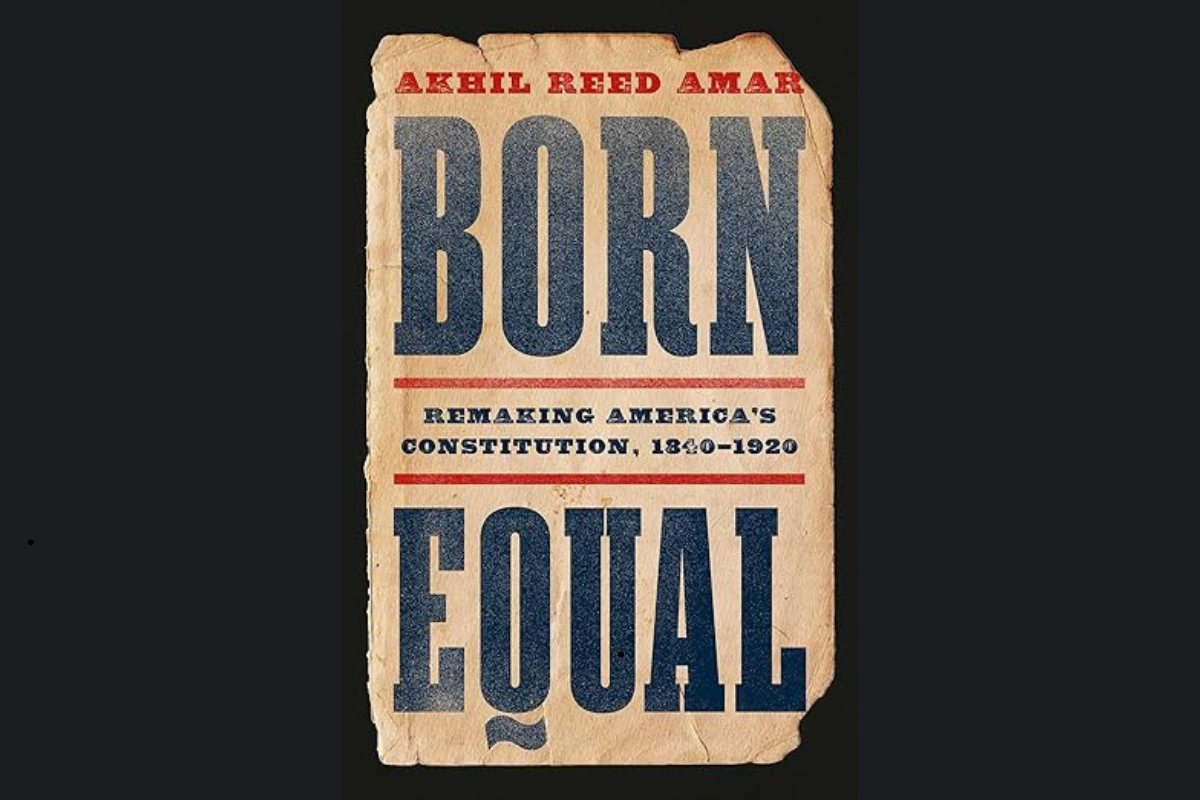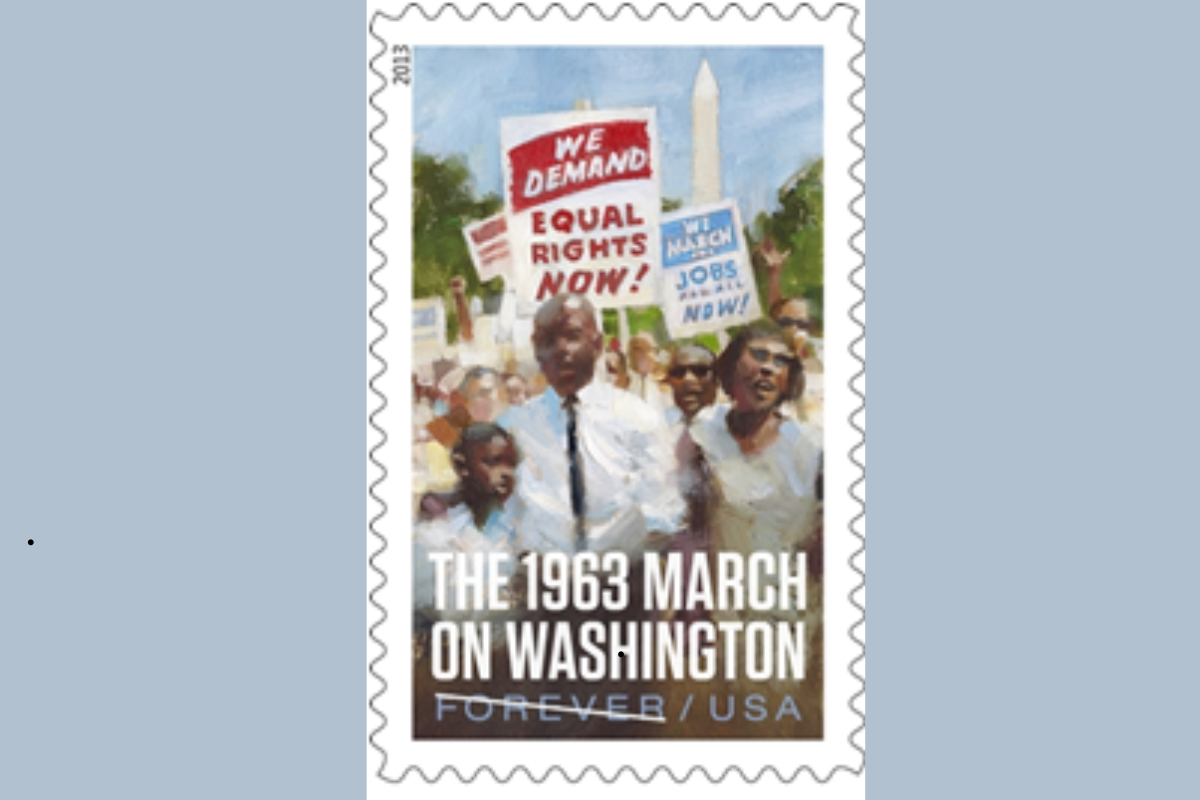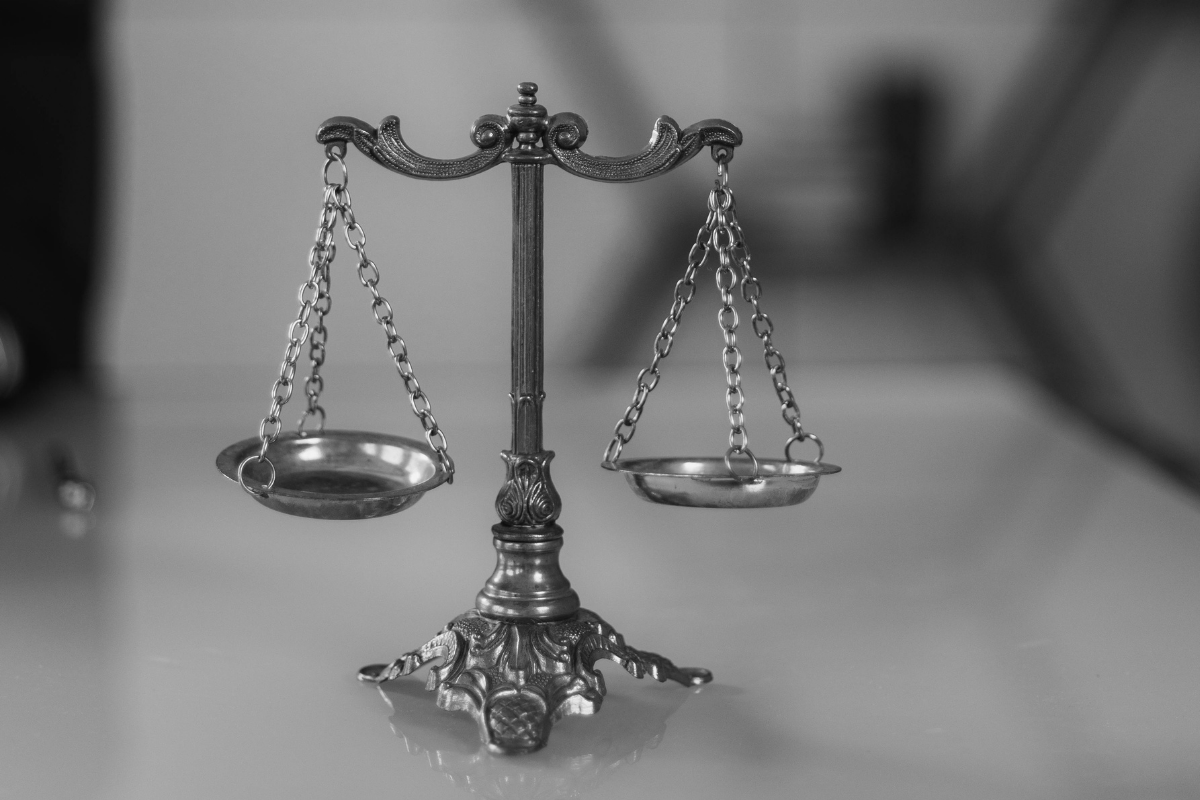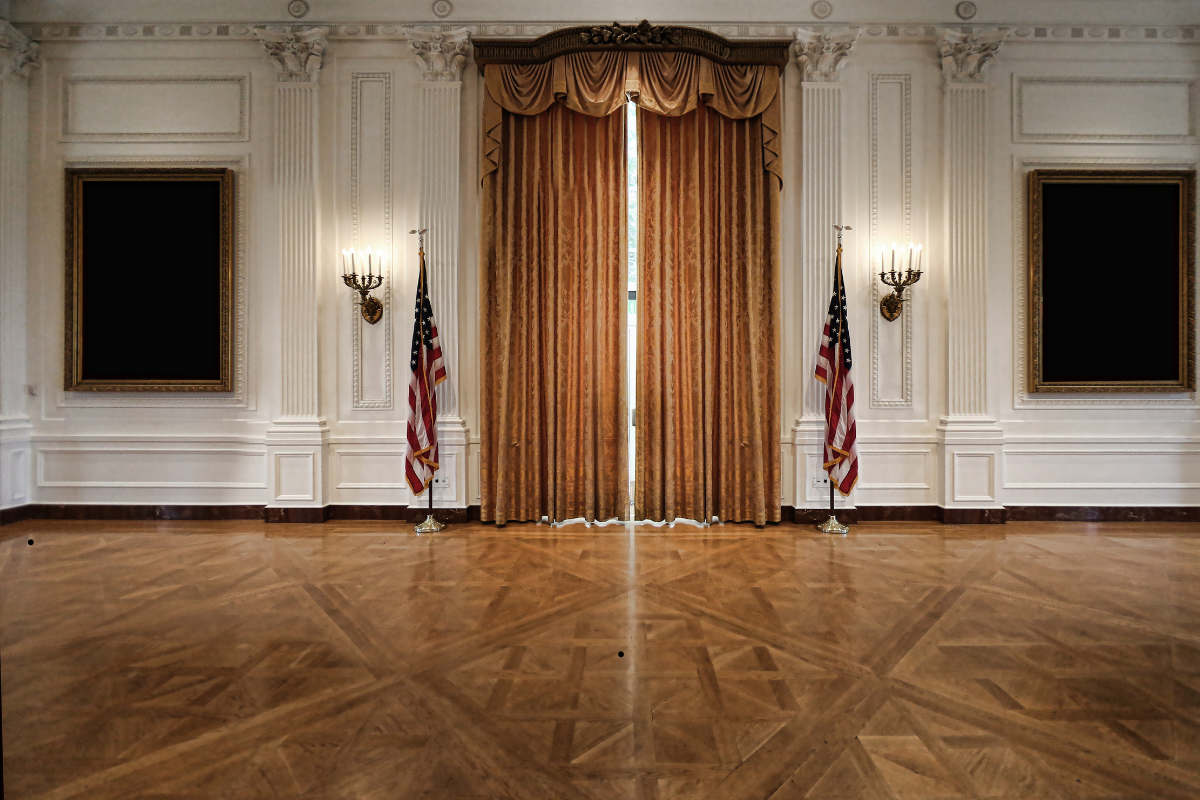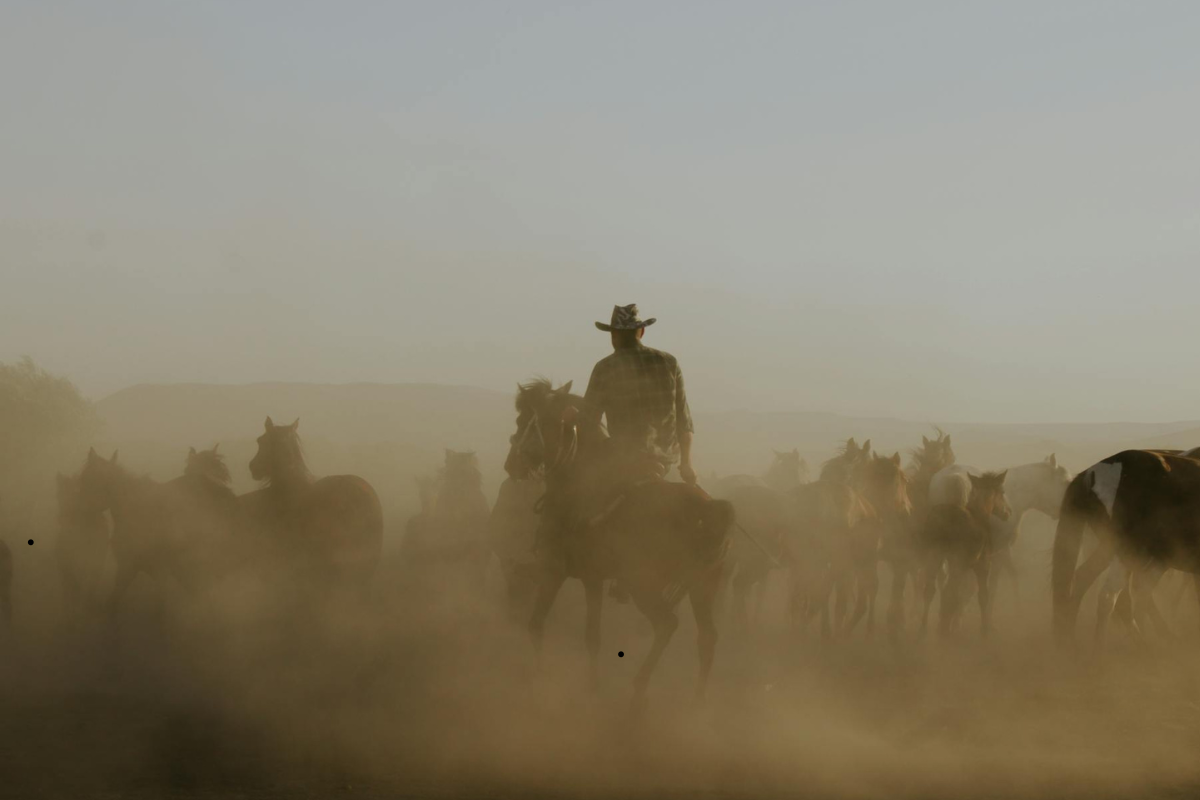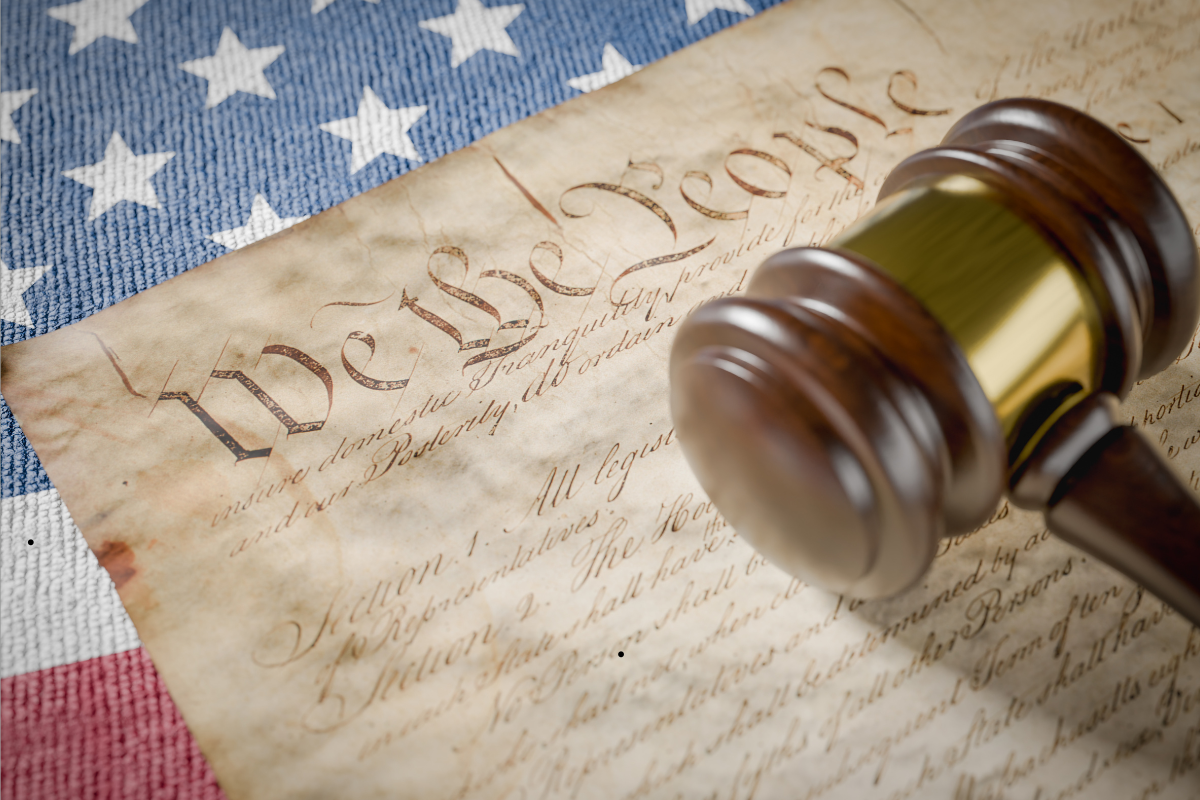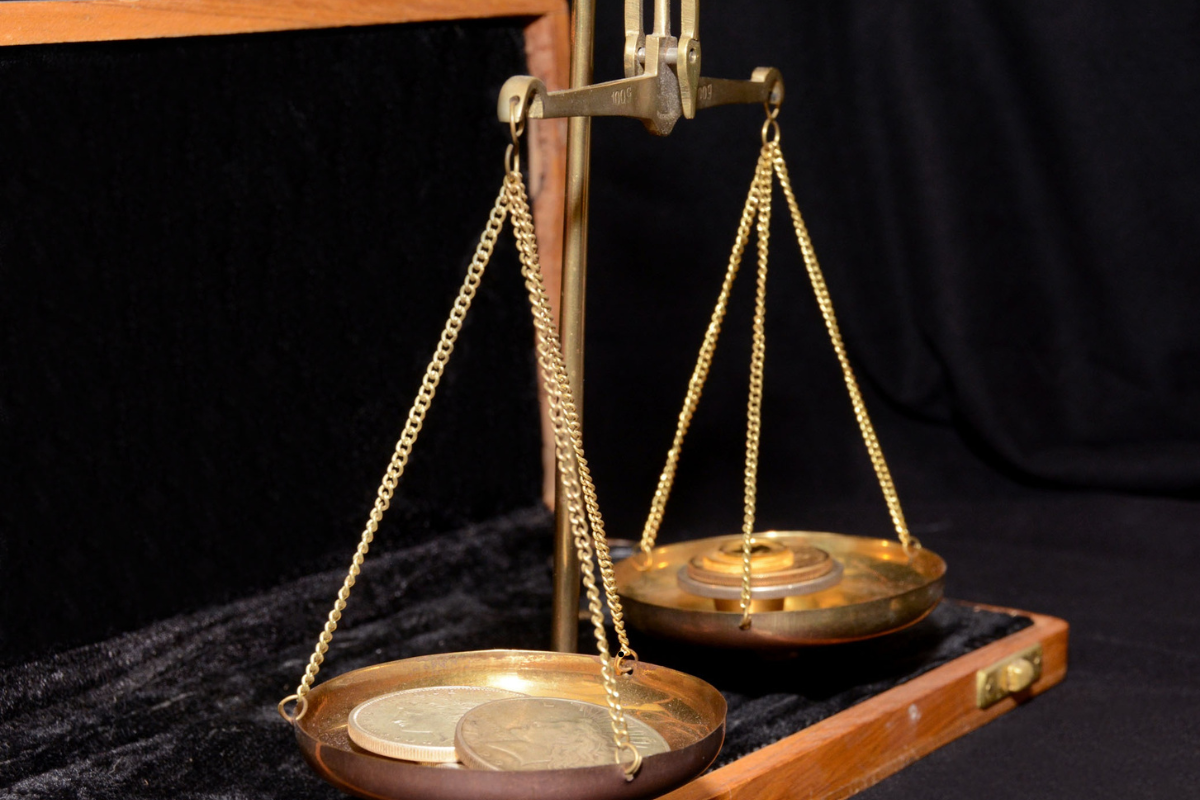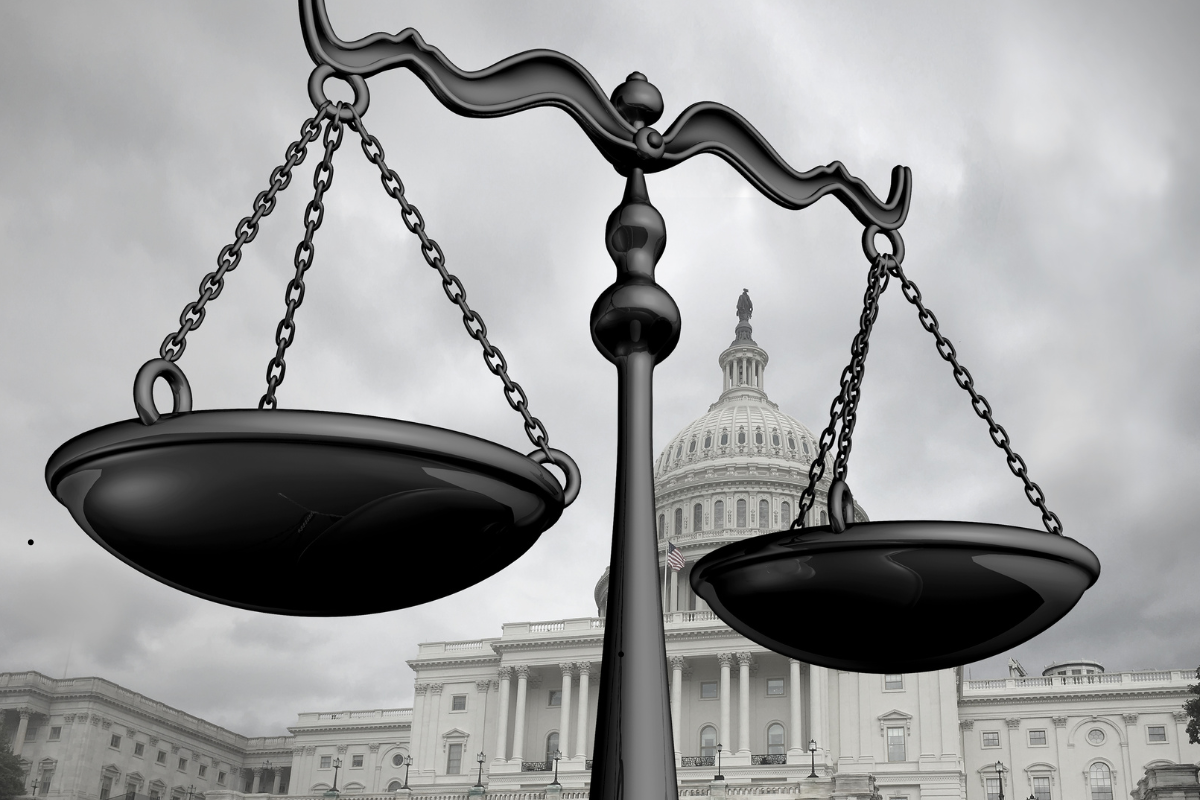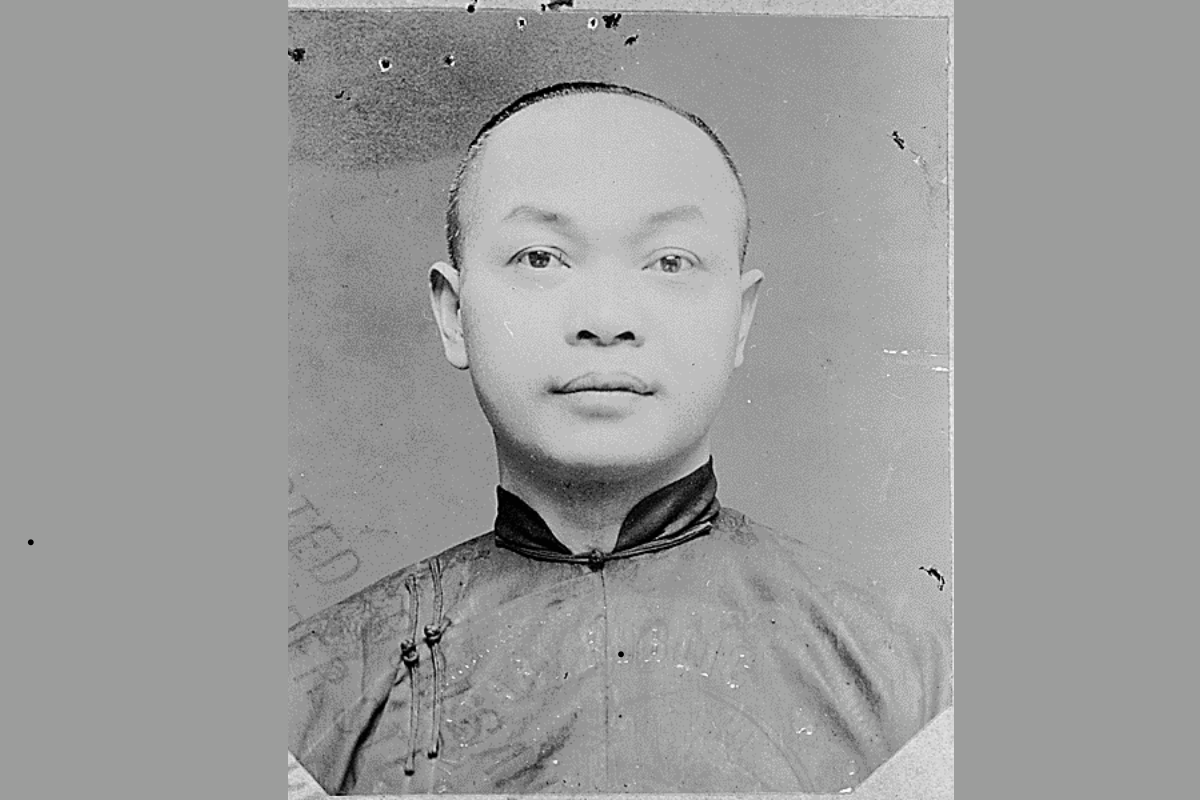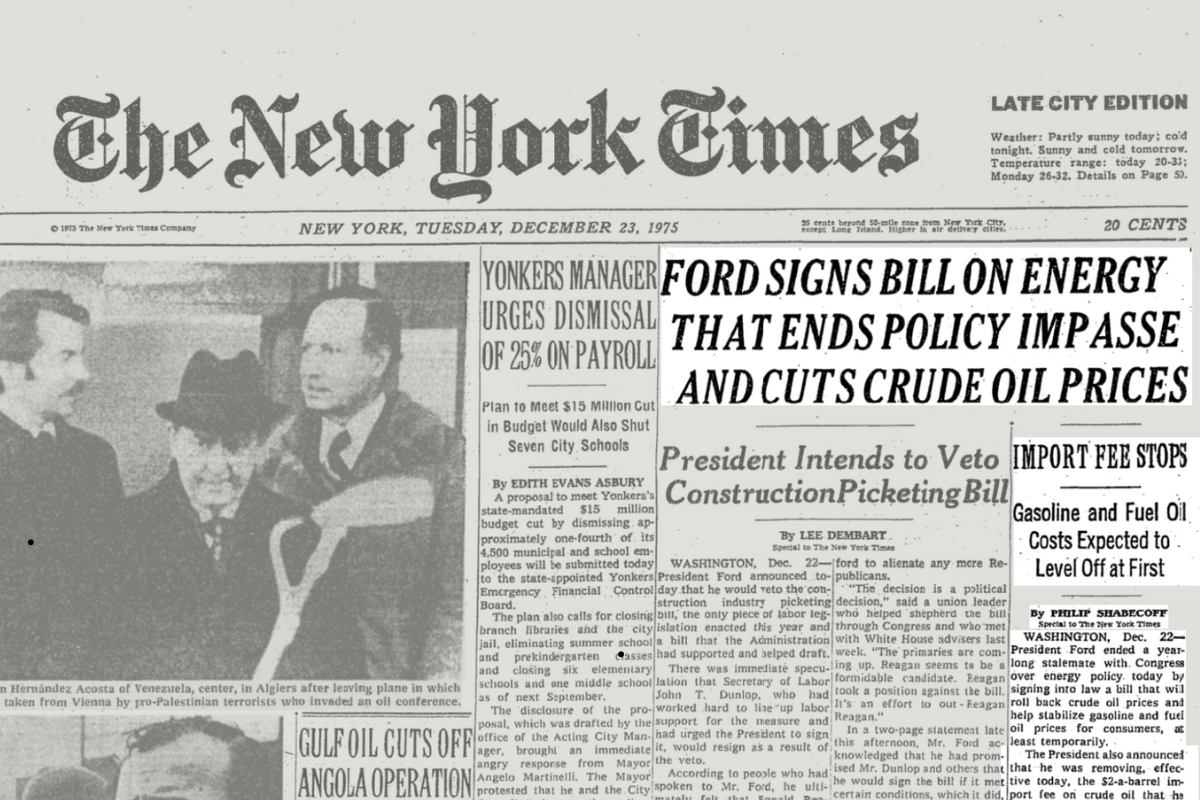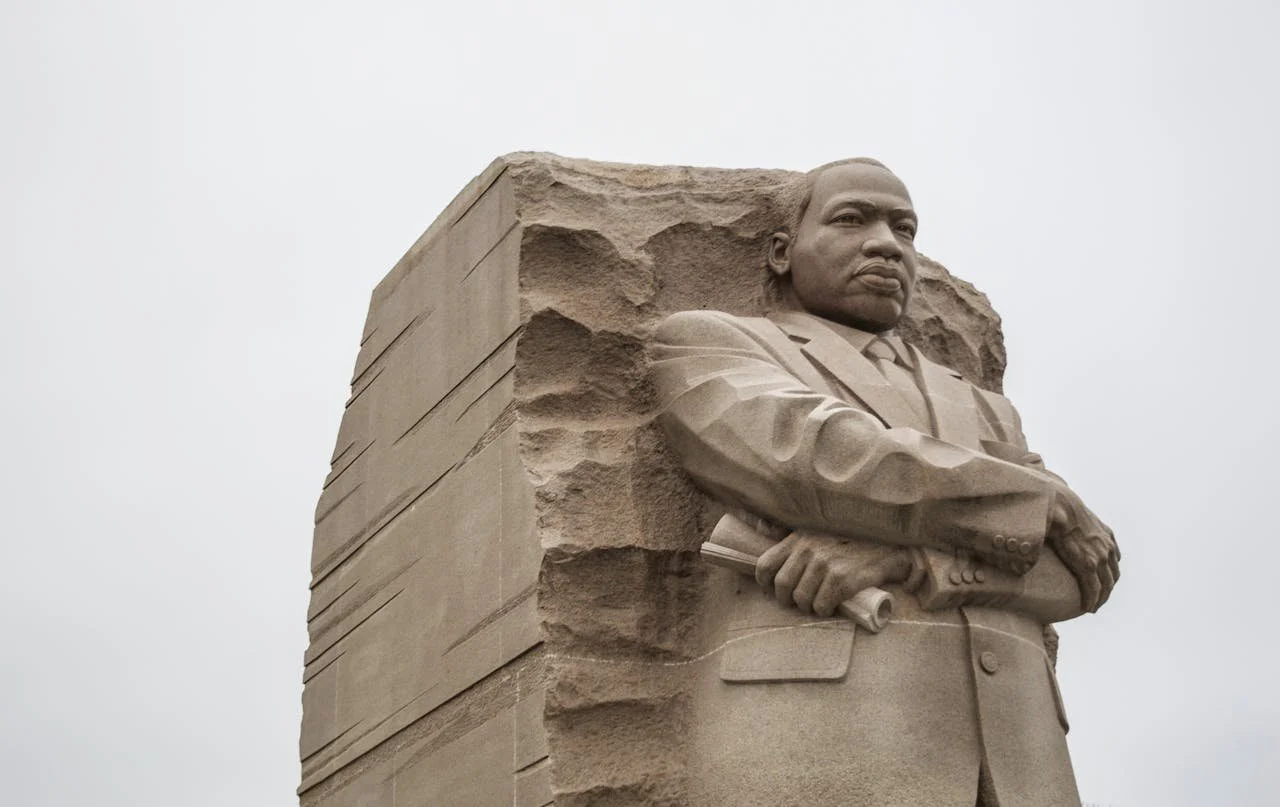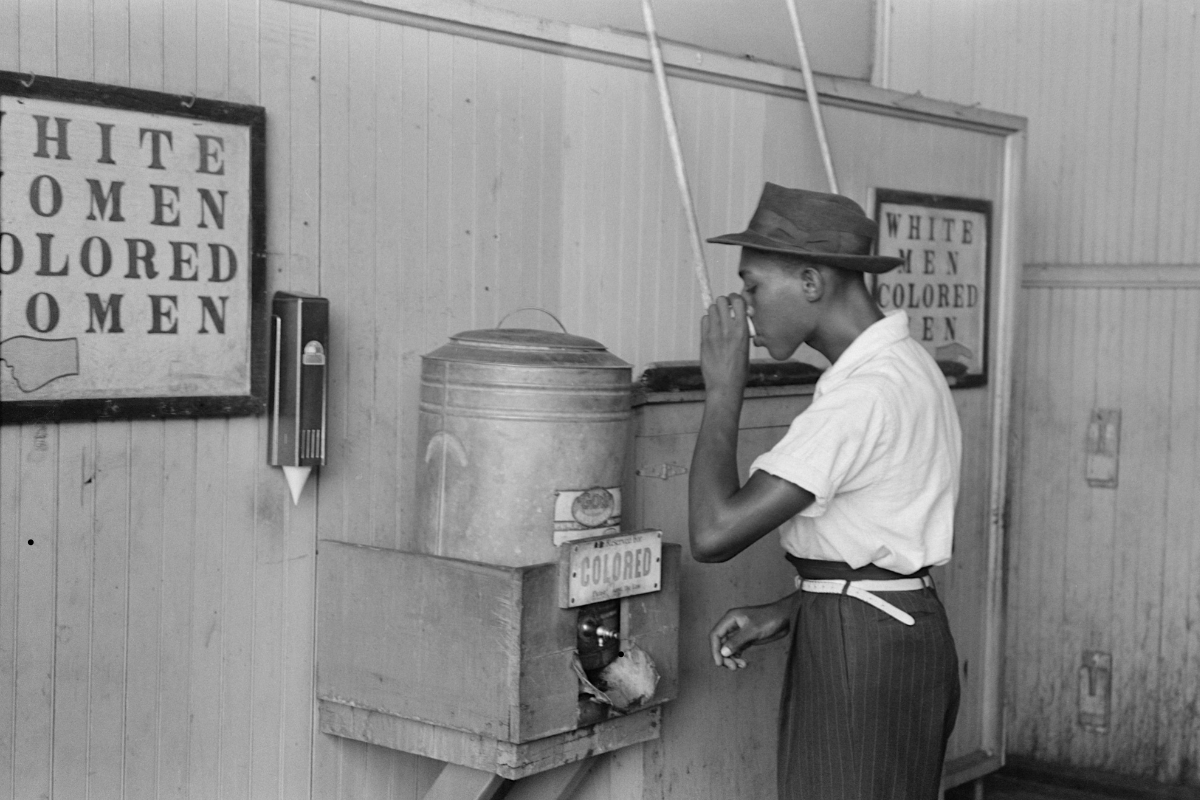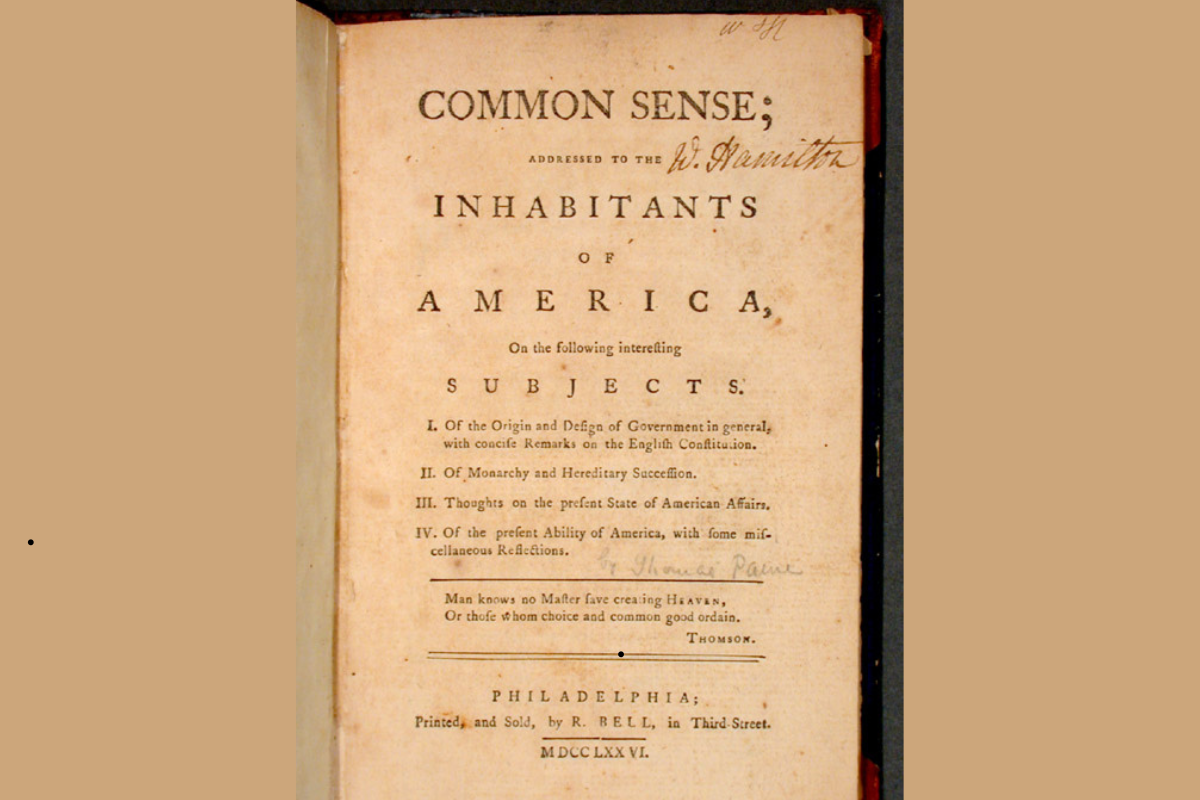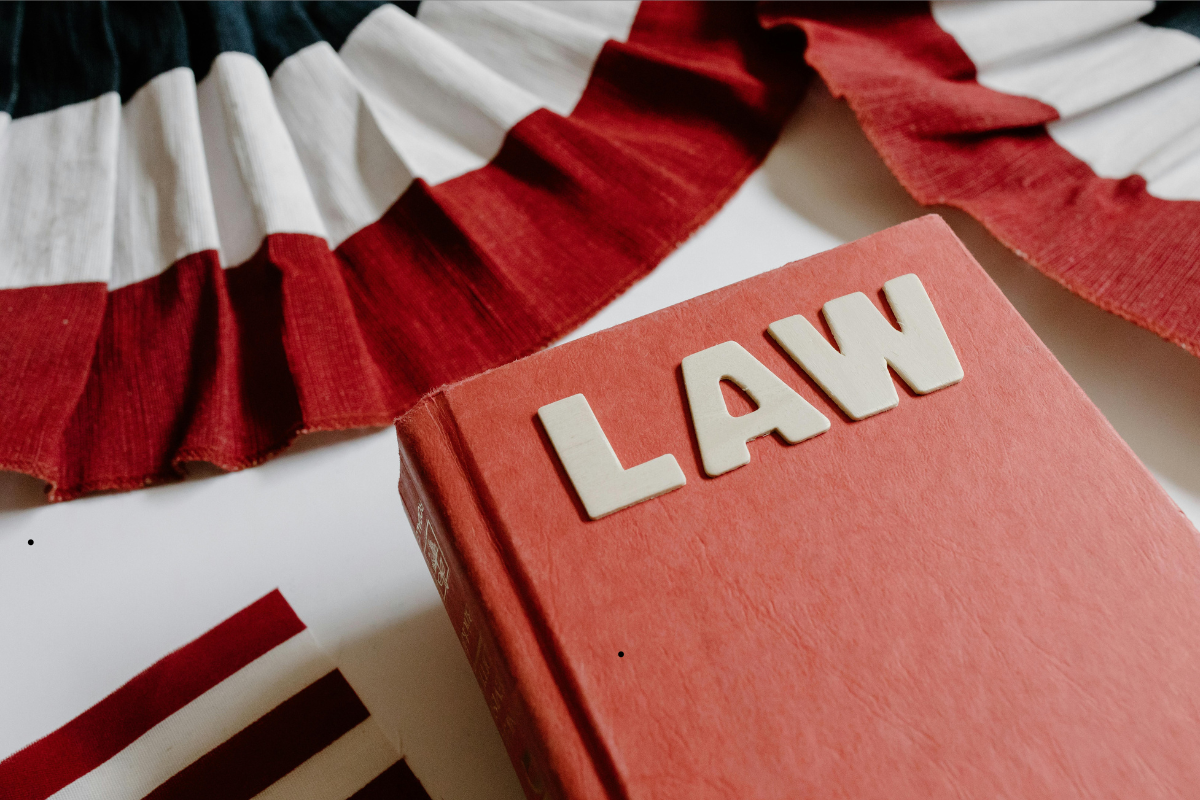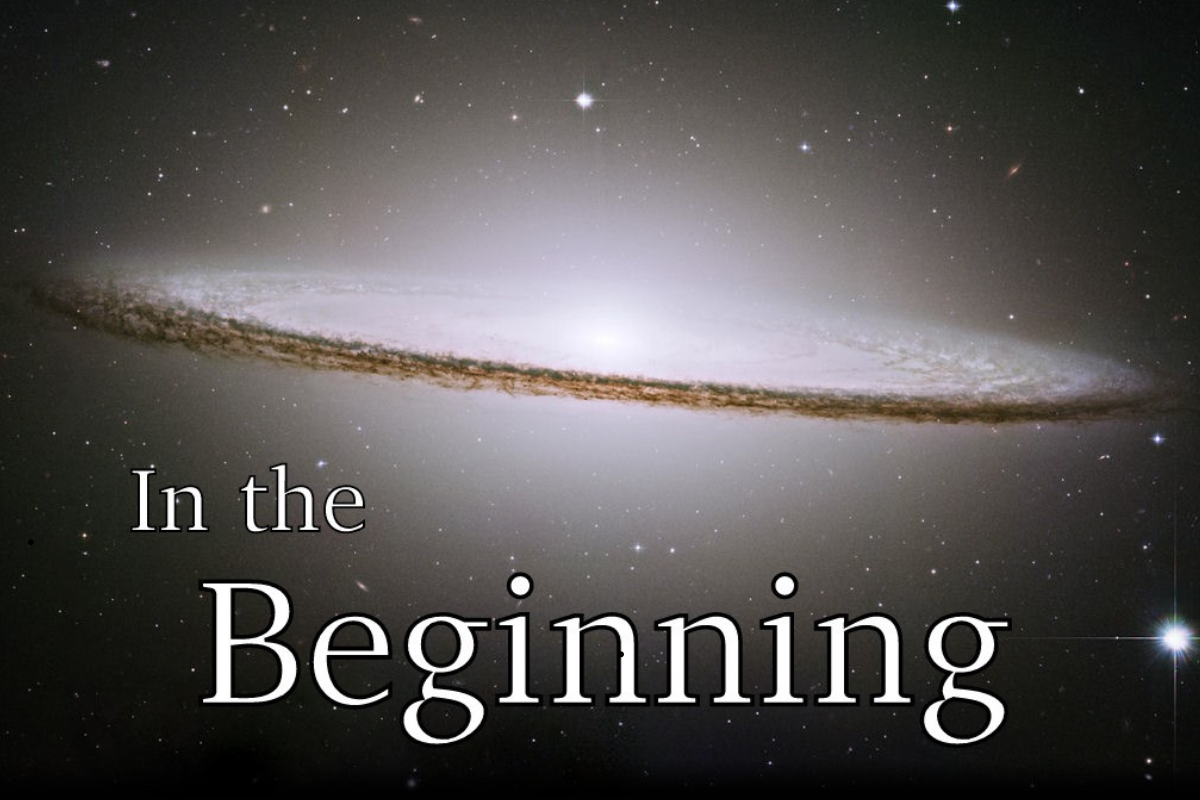
Sam Negus
Sam Negus grew up in Nottinghamshire, England, less than twenty miles from the village where archbishop Thomas Cranmer (author of the Book of Common Prayer) was born and baptized five centuries earlier. His initiation to the Prayer Book tradition of Anglican worship, however, came in adulthood, at St. Andrew's parish in Fort Worth, Texas. Like many wanderers, he had to go a long way before finding his spiritual way home (a divine "twitch upon the thread," perhaps). Sam and his wife Laura were both raised in evangelical homes, and are both old enough to remember when "parent supervision" meant knowing what time you were supposed to be home for dinner. They have been married for nearly twenty years. In another life they became hipster farmers when they were still young enough for that to work out, but in this universe Sam studied American history at Texas Christian University and now works as an academic administrator at Hillsdale College. This is the Negus's second stint living in Hillsdale and worshipping at Holy Trinity. Sam's daughter Joy was baptized at the parish ten years ago when babies were a much rarer species. Time appears to be speeding up exponentially, as she now serves as an acolyte. Sam's hobbies are mostly basic dad stuff: home improvement, brewing, reading, trying not to think about his useless sportsball teams, etc. He is glad to serve Holy Trinity as acolyte and altar ministry coordinator, or in any capacity that may be needed. Mostly he's afraid that if he doesn't say 'yes' when asked to serve, his very pious mother would disapprove.
Read Sam Negus’ Essays




